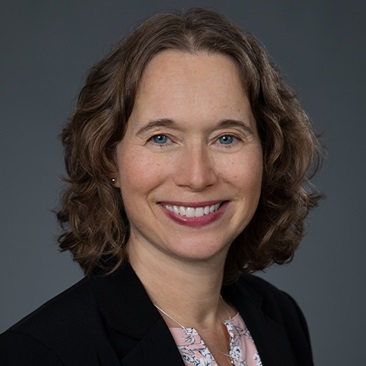Center for Policy Research
Policy Brief
Participating in Childcare Subsidy Programs Increases Employment and Annual Earnings for Working Parents
William Clay Fannin, Colleen Heflin, Taryn Morrissey, Siobhan O’Keefe
C.P.R. Policy Brief No. 11
July 2024
Finding affordable childcare can be a struggle. Childcare subsidy programs help reduce barriers to stable childcare options and support parents’ employment, but due to administrative hurdles, such as recertification periods and income reporting requirements, many eligible parents are not using these programs. Using quarterly employment and earnings data from 2016-2019 Virginia administrative data, this brief describes associations between childcare subsidy program participation and household employment and earnings outcomes among low-income families in Virginia. Results show that, following initial childcare subsidy receipt, working parents increased their labor force participation, earned more money, and experienced more economic and employment stability compared to low-income working parents who were eligible, but not receiving childcare subsidies.
CPR Policy Briefs present concise summaries of findings from recent research conducted by CPR affiliates in the areas of crime and the law, economic wellbeing and poverty, education, energy and the environment, families, health, public finance, social welfare, urban and regional economics, and other policy-relevant domains.
Population Health Brief Series
Research Projects
Research by Lerner affiliates is regularly funded by the National Institutes of Health, Robert Wood Johnson Foundation, Russell Sage Foundation and many other federal agencies and foundations. The Lerner Center also funds population health research at Syracuse University through its Faculty Fellows Program.


Student Opportunities
Are you an undergraduate or graduate student at Syracuse University interested in population and community health? Do you seek a career with meaning and purpose?
The Lerner Center provides distinctive experience that combines traditional and applied training in population health and community health research and engagement to address pressing local, regional and national health problems and reduce health inequities—from academic certificates, to internships, to service learning opportunities and more.
Healthy Monday
Learn tips and tricks to jump start your Monday, maintain or promote healthy behaviors and help to end preventable chronic diseases.

Center for Policy Research
Policy Brief
Participating in Childcare Subsidy Programs Increases Employment and Annual Earnings for Working Parents
William Clay Fannin, Colleen Heflin, Taryn Morrissey, Siobhan O’Keefe
C.P.R. Policy Brief No. 11
July 2024
Finding affordable childcare can be a struggle. Childcare subsidy programs help reduce barriers to stable childcare options and support parents’ employment, but due to administrative hurdles, such as recertification periods and income reporting requirements, many eligible parents are not using these programs. Using quarterly employment and earnings data from 2016-2019 Virginia administrative data, this brief describes associations between childcare subsidy program participation and household employment and earnings outcomes among low-income families in Virginia. Results show that, following initial childcare subsidy receipt, working parents increased their labor force participation, earned more money, and experienced more economic and employment stability compared to low-income working parents who were eligible, but not receiving childcare subsidies.
CPR Policy Briefs present concise summaries of findings from recent research conducted by CPR affiliates in the areas of crime and the law, economic wellbeing and poverty, education, energy and the environment, families, health, public finance, social welfare, urban and regional economics, and other policy-relevant domains.

